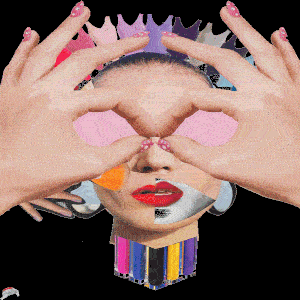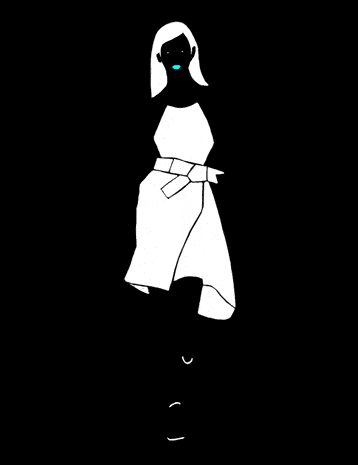Xtreme Vogue London Desk: Sarah Marshal
Alongside the rise of ‘skintellectuals’, with their carefully curated skincare collections and endless thirst for beauty knowledge, in the past few years. there’s been a huge trend for DIY face massage techniques.
Devotees – who include celebrities such as Goop guru Gwyneth Paltrow, model Miranda Kerr and singer Lizzo – claim that devices such as the gua sha (a flat, heart-shaped tool that originates in Chinese medicine), jade roller or ice globes, are the key to glowing skin and snatched contours.
Impressive before and after videos from facialists, show how gentle strokes with the fingertips can seemingly smooth away forehead lines, plump cheeks, and sharpen cheekbones.
But does face massage help in the long-run, or is it just a temporary fix?
What are the benefits of facial massage?
“It absolutely makes a difference, not only to the skin but to your collagen functions and facial muscles,” says Inge Theron, founder of FaceGym (facegym.com), the skincare brand with 12 skin studios around the world, providing ‘workouts’ not facials.
Face massage works by strengthening the fibroblasts in our skin, the cells responsible for collagen production, which have to be kept under tension to work at their optimal level.
“As we age, our fibroblasts start to lose this tension, and their efficiency begins to decrease. By using facial massage techniques, you are stretching out these fibroblasts, effectively waking them up, and stimulating them to work on collagen production.”
Plus, it can help with natural skin functions, she says: “Increasing circulation, boosting the lymphatic system and releasing tension – all resulting in firmer, toned muscles, enhanced contours and a lifted, radiant complexion.”
Can it eradicate wrinkles?
Others aren’t so convinced that massage will transform your looks.
“There’s limited research to show whether tools, such as a gua sha, can change your face shape or remove fine lines and wrinkles,” says Salome Dharamshi, dermatologist and founder of Sky Clinic (skyclinic.co.uk).
“However, there are short-term benefits to these tools. They can minimise puffiness through cooling (ice rollers) and lymphatic drainage, boost circulation, and minimise pores and puffiness.”
Dr Ross Perry, medical director of Cosmedics skin clinics (cosmedics.co.uk), says there are both direct and indirect effects: “Feeling relaxed and allowing yourself to destress does wonders for the skin. Done correctly, facial massage can help with blood flow and circulation.”
But you can’t expect a few swipes with a gua sha to counteract lots of late nights and not enough sleep, he continues: “Eating a healthy diet, drinking plenty of water, avoiding alcohol and cigarettes, a good skin routine, and exercise will contribute to great-looking skin.”
What do you need to know about DIY face massage?
“Before any of these tools are used, you need to start with a thoroughly cleansed face, and a serum or moisturiser, to ensure the skin is moist,” says Perry, who suggests watching an online video, and copying the movements an expert uses.
Dharamshi recommends using a facial oil: “It is important not to drag the skin, or use too much pressure, as this can result in minor bruising, bleeding or even burst blood vessels.”
You don’t have to spend hours slaving away in front of a mirror, Perry adds: “If you have time to incorporate a face massage once a week into your skin routine, then do so. It can be very relaxing.”
Theron recommends the little and often approach: “Even just a few minutes a day can offer big results. If you’re a beginner, start by trying out the hand movements from knuckling, to cheek hooks and eye lifts.”
Once you’ve mastered the basics, try using a gua sha alongside a hydrating face oil.
“This is your all-in-one tool, it helps define contours, release facial tension, de-puff, drain water retention, and much more,” she says.
“My top tip is to keep it in the fridge, for additional cooling and soothing benefits.”


